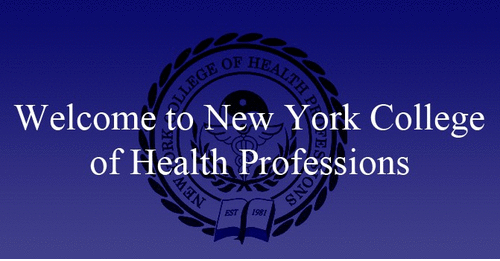Herbal medicine is the use of a plant's stem, flowers, roots, berries, leaves, etc. for medicinal purposes. Although its use dates back over 5,000 years, it has only recently assimilated into mainstream Western medicine. With the rapidly growing interest in Herbal Medicine in the last 20 years, the field has become highly competitive for its practitioners and as a result, the education one receives as an herbalist separates them from the rest. This article will briefly discuss the history of herbal medicine and what a prospective student should look for in an herbal medicine school.
Recorded use of herbal medicine, or phytomedicine as it is also known, by the ancient cultures of the Egyptians and the Chinese dates as far back as 3,000 B.C. The Indians incorporated herbalism into their traditional medical system, Ayurveda, which also encompasses natural treatments such as massage therapy, acupuncture and other methods of oriental medicine. Due to financial reasons as well as lack of public awareness, fabricated drugs had replaced natural remedies starting in the 1800’s. However, over 25% of pharmaceuticals on the market in the today are derived from plants. With the growing inclination towards natural healing methods, Western medicine has incorporated using herbal medicine as a form of treatment. Recently, the World Health Organization (WHO) found that 80% of people worldwide utilize herbal medicines as part of their healthcare.
The increased interest in botanical medicine has also increased the demand for knowledgeable herbalists. Schools across the United States now offer courses for this healing method, which is often incorporated into an oriental medicine program. Due to the increasing competitiveness of the field, students looking to pursue herbal medicine must be careful to choose a school that is accredited, exceeds standards, and provides them with real-life experience.
New York College of Health Professions is an exemplary school which offers a graduate oriental medicine program with a strong focus on herbal medicine. During the 185-credit, 10-trimester program, students benefit from courses such as Western Nutrition, Neurology and Chinese Herbal Medicine amongst many others. It is important to be educated in both Eastern and Western medicine in order to be successful in your career as an oriental medicine practitioner and/or an herbalist. New York College’s main campus in Syosset, New York is also home to an herbal dispensary, where students can practice their clinical skills and patients can receive discounted consultations and herbs.
By choosing to attend an herbal medicine school that enables its students to succeed in real-life scenarios, you will be best-prepared for the career ahead of you.
Recorded use of herbal medicine, or phytomedicine as it is also known, by the ancient cultures of the Egyptians and the Chinese dates as far back as 3,000 B.C. The Indians incorporated herbalism into their traditional medical system, Ayurveda, which also encompasses natural treatments such as massage therapy, acupuncture and other methods of oriental medicine. Due to financial reasons as well as lack of public awareness, fabricated drugs had replaced natural remedies starting in the 1800’s. However, over 25% of pharmaceuticals on the market in the today are derived from plants. With the growing inclination towards natural healing methods, Western medicine has incorporated using herbal medicine as a form of treatment. Recently, the World Health Organization (WHO) found that 80% of people worldwide utilize herbal medicines as part of their healthcare.
The increased interest in botanical medicine has also increased the demand for knowledgeable herbalists. Schools across the United States now offer courses for this healing method, which is often incorporated into an oriental medicine program. Due to the increasing competitiveness of the field, students looking to pursue herbal medicine must be careful to choose a school that is accredited, exceeds standards, and provides them with real-life experience.
New York College of Health Professions is an exemplary school which offers a graduate oriental medicine program with a strong focus on herbal medicine. During the 185-credit, 10-trimester program, students benefit from courses such as Western Nutrition, Neurology and Chinese Herbal Medicine amongst many others. It is important to be educated in both Eastern and Western medicine in order to be successful in your career as an oriental medicine practitioner and/or an herbalist. New York College’s main campus in Syosset, New York is also home to an herbal dispensary, where students can practice their clinical skills and patients can receive discounted consultations and herbs.
By choosing to attend an herbal medicine school that enables its students to succeed in real-life scenarios, you will be best-prepared for the career ahead of you.

No comments:
Post a Comment